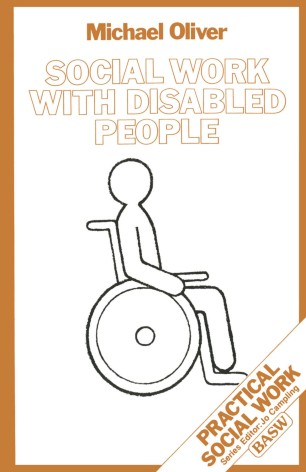The opportunities to pursue nursing education have never been than they are right now. More nurses are being trained and more people are choosing a career in nursing. There are many opportunities for nurses to work in the future. However, if you are recently out of school, you may be concerned about whether or not you will be able to get a job in nursing.
Socializing with Long Term Care
There are some aspects of the nursing career that you should consider before you make a decision as to what type of nurse you would like to be. However, the most important decision you can make is to choose a specialty. Decide what type or specialty you want to be in nursing: Adult, case management, or pediatric. You’ll also need decide whether you want to specialize or offer a broad range of services to patients from all backgrounds. An intensive four-year nursing degree will be required in order to become registered nurse. However, this will give a good head start to your career.
Socializing with Long Term Care
A bachelor’s degree is required to become a nurse. You might be eligible for an associate’s or vocational school degree. Some four-year colleges or universities offer an NDIS Victoria bachelor’s or master’s degree. Seek out extra elective classes focusing on special needs, on disabilities including autism, or on caring for severely disabled patients. If you want to specialize in a specific disability, such a physical disability, you will need courses that focus on that disability.
Socializing with Long Term Care

Before you can become a nurse, you need to be aware of the different types of disabilities. Physical disability is a common type of disability among nurses. A person with a physical disability requires special care. This can make it difficult for a nurse to do her job. Physical disability can include limited ability to walk, a short fuse or low heart rate, independent disability services problems, and skin infections. When helping these patients overcome their disability and achieve independence, nursing is the most effective. Social models involve patient interaction. However, care givers must learn how to interact with nonhandicapped people.
Another common disability is intellectual impairment. This can lead to memory and language impairments, which can be especially problematic for those who work at long-term care facilities. Intellectual disability can be a result of past traumatic events or it can stem from genetics. Caregivers for such patients have to learn how to properly communicate with patients with this disability, and they also have to learn the social skills that many people with IQ deficits lack. There are programs that integrate training for caregivers with psychologists to help them deal with this problem. Rehabilitation centers for mentally retarded people are available that will help them re-learn their basic life skills.
Nursing staff must also manage case management. A case manager works with patients and families to organize services needed in cases of an injury or illness. The case manager will often work with patients to help them, depending on their needs. These cases can include medical issues or accidents, as well as psychiatric or drug abuse. Some patients may require intensive therapy, but many others will need a combination of case management, personal care, and therapy.
It is essential that nurses are competent in dealing effectively with long-term disabilities. This is similar to caring for someone with an extended disability. Long-term disability care requires that nurses adapt to lifestyle changes. For example, many nurses will require specialized equipment to work in their environments. They will also have to learn new bathing and personal hygiene habits that will enable them to provide a comfortable home-based environment.
Nursing is a profession that recognizes that nurses play a social role in the health system. It is crucial that nurses acquire the skills and knowledge to provide services to those who require them. When nurses demonstrate that they are competent in treating a person’s disability, it helps the organization as well as the patient to feel as though they are getting the best possible care possible. With the right training, nurses can reduce their stress levels and help others by taking on more physical and mental strain.


